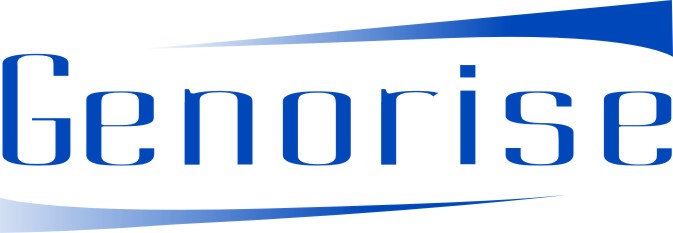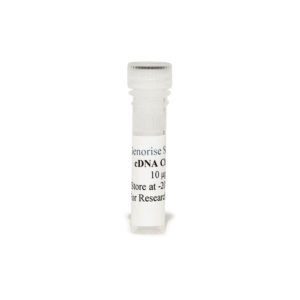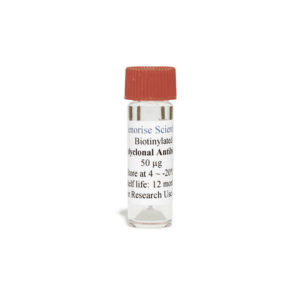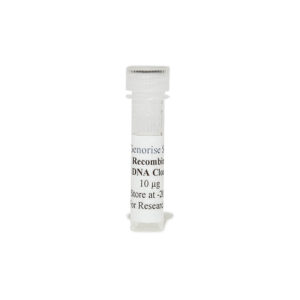Recombinant Monkey CD98 Protein
$99.00 – $456.00
The recombinant monkey CD98 protein is derived from in vitro expression of monkey CD98 gene in E. coli and purified using his-tag affinity column and can be used in multiple applications such as cell culture, ELISA and western blot.
Alternative names for CD98: Cluster of differentiation 98
This product is for Laboratory Research Use Only not for diagnostic and therapeutic purposes or any other purposes.
- Description
- Product Citations
- Reviews (0)
Description
Genorise Recombinant Monkey CD98 Protein Summary
Alternative names for CD98: Cluster of differentiation 98
Alternative name for monkey: monkey
Product Specifications
| Purity | > 97%, by SDSPAGE under reducing conditions and visualized by silver stain. |
| Endotoxin Level | < 0.1 EU per 1 μg of the protein by the LAL method. |
| Activity | na |
| Source | E. coli derived monkey CD98. |
| Accession # | XP_010376652.1 |
| N-Terminal Sequence Analysis | Leu |
| Amino Acid Sequence | Leu414-Pro503 |
| Predicted Molecular Mass | 10 kDa |
| SDS-PAGE | 10 kDa, reducing conditions |
Background:
CD98 is a glycoprotein[1][2] that is a heterodimer composed of SLC3A2 and SLC7A5 that forms the large neutral amino acid transporter (LAT1). LAT1 is a heterodimeric membrane transport protein that preferentially transports branched-chain (valine, leucine, isoleucine) and aromatic (tryptophan, tyrosine) amino acids.[3] LAT is highly expressed in brain capillaries (which form the blood–brain barrier) relative to other tissues.[3] A functional LAT1 transporter is composed of two proteins encoded by two distinct genes: 4F2hc/CD98 heavy subunit protein encoded by the SLC3A2 gene and CD98 light subunit protein encoded by the SLC7A5 gene. LAT1 showed a novel fundamental role to support the protein expression of 4F2hc via a chaperone-like function in chorionic trophoblasts.[4] SLC3A2 is upregulated in osteosarcoma and plays a crucial role in tumor growth.[5] Increased CD98 (4F2hc) expression plays an essential role in tumor aggressiveness and metastasis.[6]
References
- Kucharzik T, et al. (2005). Lab. Invest. 85(7): 932–41.
- Lemaître G, et al. (2005). Proteomics. 5(14): 3637–45.
- Boado RJ, et al. (1999). Proc. Natl. Acad. Sci. U.S.A. 96(21): 12079–84.
- Ohgaki R, et al. (2017) Cell. Biol. 37 (11), e00427-16.
- Zhu B, et al. (2017)J Oncol. Rep. 37 (5), 2575-2582.
- Satoh T, et al. (2017)J Anticancer Res. 37 (2), 631-636.
Product Citations
Be the first to review “Recombinant Monkey CD98 Protein”
You must be logged in to post a review.



























Reviews
There are no reviews yet.